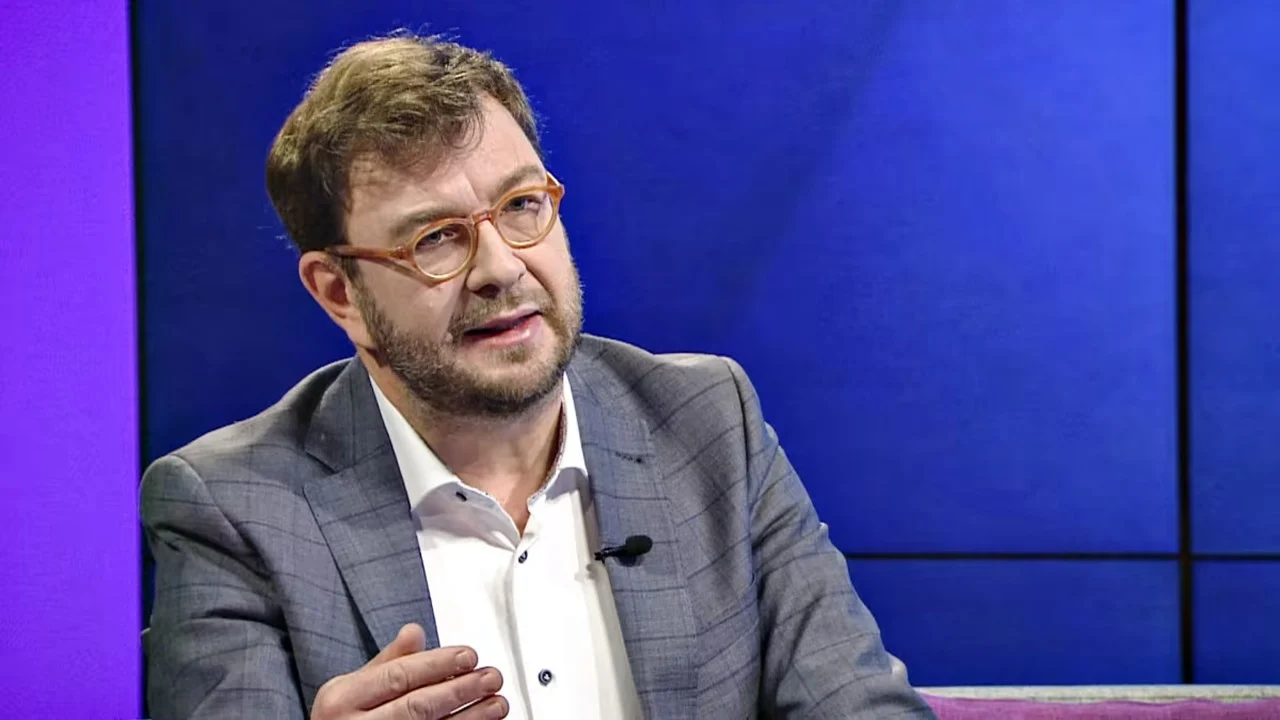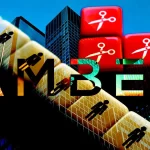DAVOS, Switzerland — Finland’s communications minister, Timo Harakka, suggested during a panel discussion at 2023’s World Economic Forum that the European Union should pursue legislation to recognize decentralized autonomous organizations (DAO) that regulate Web3 applications.
According to Timo Harakka, the move might avoid having to change hundreds of regulations or governments undercutting one other in the drive to recruit creative industry.
“There are a lot of new players and actors in the Web3 world … not reflected very well in existing legislation,” he said. “Take a DAO for instance: Where does legislation stand?”
Harakka stated that new laws that centralize control could prevent fragmentation of the legal codes in Europe. The European Commission, which is responsible for introducing new EU laws, currently has other priorities.
According to Harakka, it is necessary to think on a multinational level in order to avoid harmful regulatory competition among the EU’s 27 members. Moreover, it is to avoid the need to individually alter thousands of different laws regulating different types of contracts. The EU’s proposed Markets in Crypto Assets (MiCA) legislation aims to establish a uniform standard for all countries by creating a framework for the regulation of crypto assets.
Harakka stated that they are relying on the European Commission to initiate the work on the crypto assets regulation and are eagerly waiting for it. The European Commission is unsure if their upcoming policy paper on the metaverse, set to be released in the spring, will include regulations on crypto assets.
“In DAOs it’s a different logic” to regulating corporations with named officers in charge, Harakka told CoinDesk. “Who’s responsible for transgressions?”
Europe has been preoccupied with other issues such as online privacy control, but Ministry of Finland believes that new and innovative legislation will pave the way for Web3, referencing recent EU initiatives on online privacy, information flows and online market dominance.
However, he added, “I’m not sure we’ve seen a lot of thinking on Web3.”
Regulators worldwide are facing challenges in determining how to classify and govern decentralized initiatives like decentralized financial applications where there is no central authority. While some claim that decentralization is a misconception, as there is always a controlling entity, the Law Commission of England and Wales has proposed a discussion on how to address issues of organization, governance and taxation.
Some policymakers believe that it is too early to establish regulations for decentralized finance and have excluded it from the EU’s MiCA law. However, Harakka believes it is necessary to start considering a philosophical approach to the subject.
Regulating online data flows took several years for the bloc to figure out, and regulating smart contracts may take some time as well as noted by Harakka.









